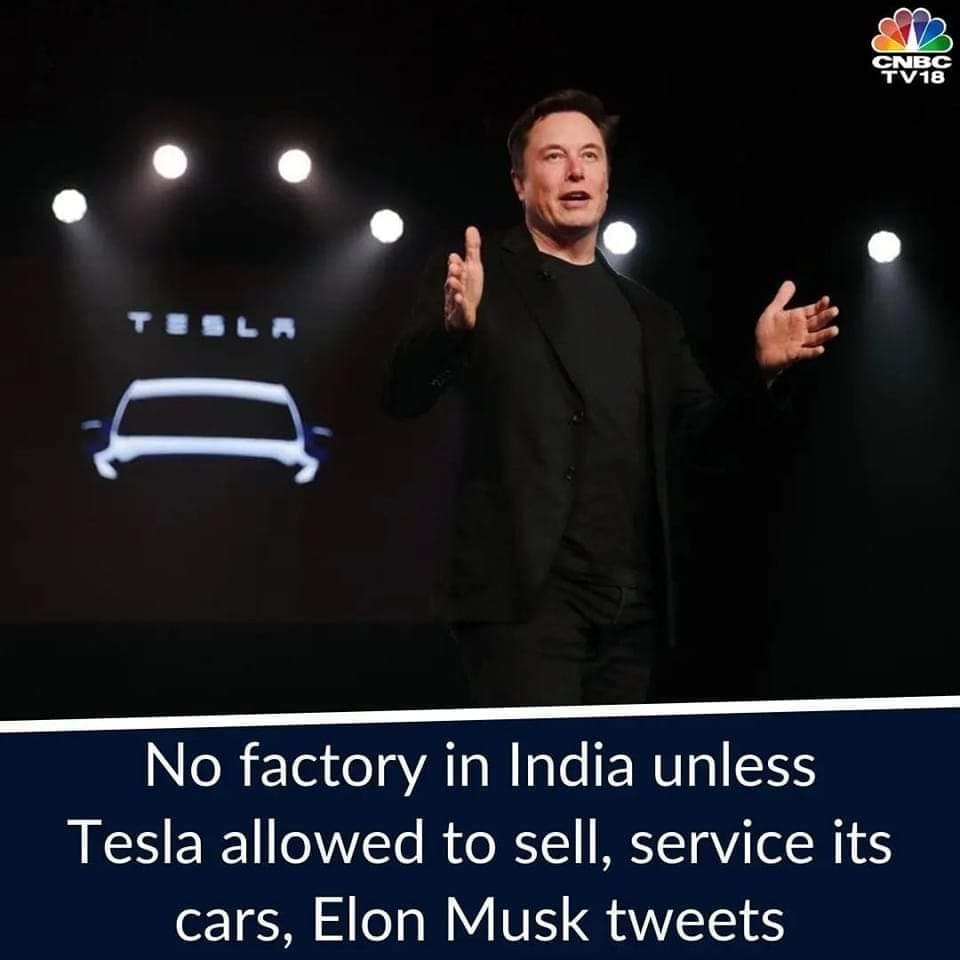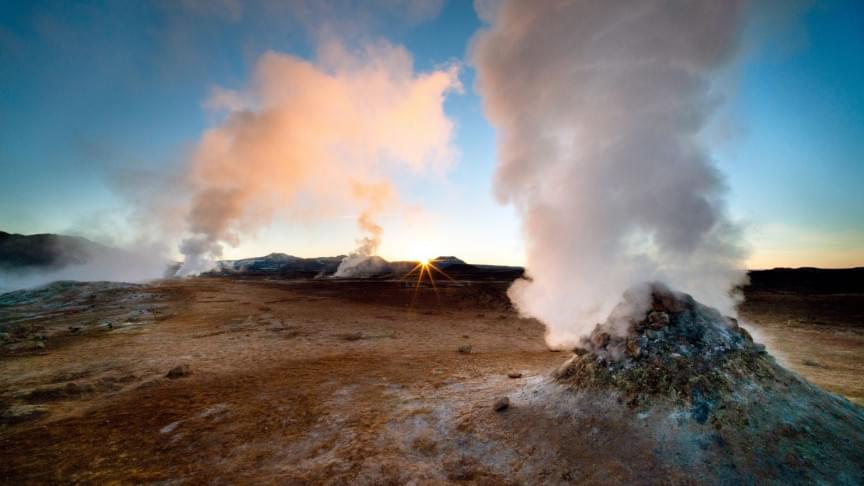Human extinction? It could happen, but it doesn’t have to.
Get the latest international news and world events from around the world.

Tesla CEO #elonmusk has said that his
Tesla CEO #elonmusk has said that his company will not put a manufacturing plant in India until it is first allowed to sell, and service imported Tesla cars in the country. When a Twitter asked Musk about #Tesla’s plans to put up a manufacturing plant in India, #Musk responded, “Tesla will not put a manufacturing plant in any location where we are not allowed first to sell and service #cars.”
#India and Telsa haven’t reached an understanding regarding import duties and setting up of the manufacturing plant by Tesla in the #country.
Reposted from @cnbctv18india (Instagram)

Musk, Bezos, and Gates lost over $115 billion this year
Are the markets shrinking?Elon Musk, Jeff Bezos, and Bill Gates are names that are synonymous with riches in the world. Almost halfway down in 2022, though, these men, along with many others on the world’s richest person list, have lost billions of dollars, Business Insider reported.
Most people on Bloomberg Billionaires list have seen their personal fortunes shrink since the beginning of 2022. Are we heading to a recession?






Study explores the concept of artificial consciousness in the context of the film ‘Being John Malkovich’
Recent technological advances, such as the development of increasingly sophisticated machine learning algorithms and robots, have sparked much debate about artificial intelligence (AI) and artificial consciousness. While many of the tools created to date have achieved remarkable results, there have been many discussions about what differentiates them from humans.
More specifically, computer scientists and neuroscientists have been pondering on the difference between intelligence and “consciousness,” wondering whether machines will ever be able to attain the latter. Amar Singh, Assistant Professor at Banaras Hindu University, recently published a paper in a special issue of Springer Link’s AI & Society that explores these concepts by drawing parallels with the fantasy film “Being John Malkovich.”
“Being John Malkovich” is a 1999 film directed by Spike Jonze and featuring John Cusack, Cameron Diaz, and other famous Hollywood stars. The film tells the story of a puppeteer who discovers a portal through which he can access the mind of the movie star John Malkovich, while also altering his being.